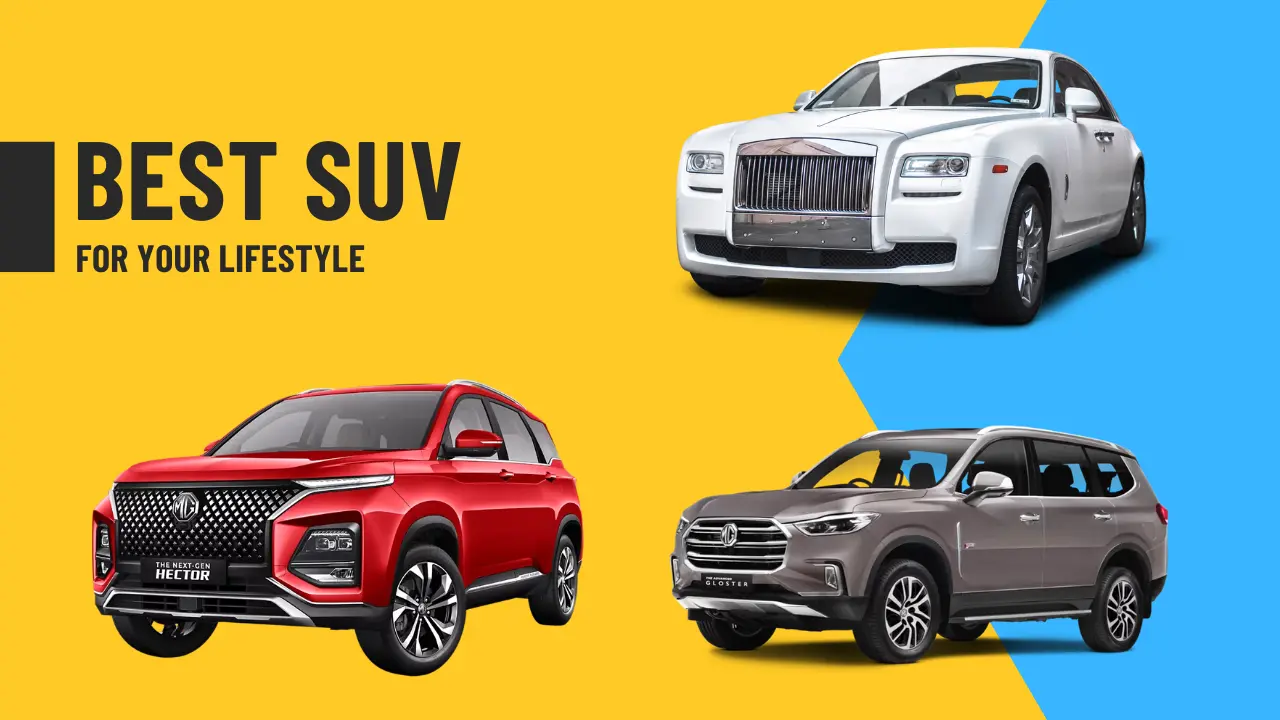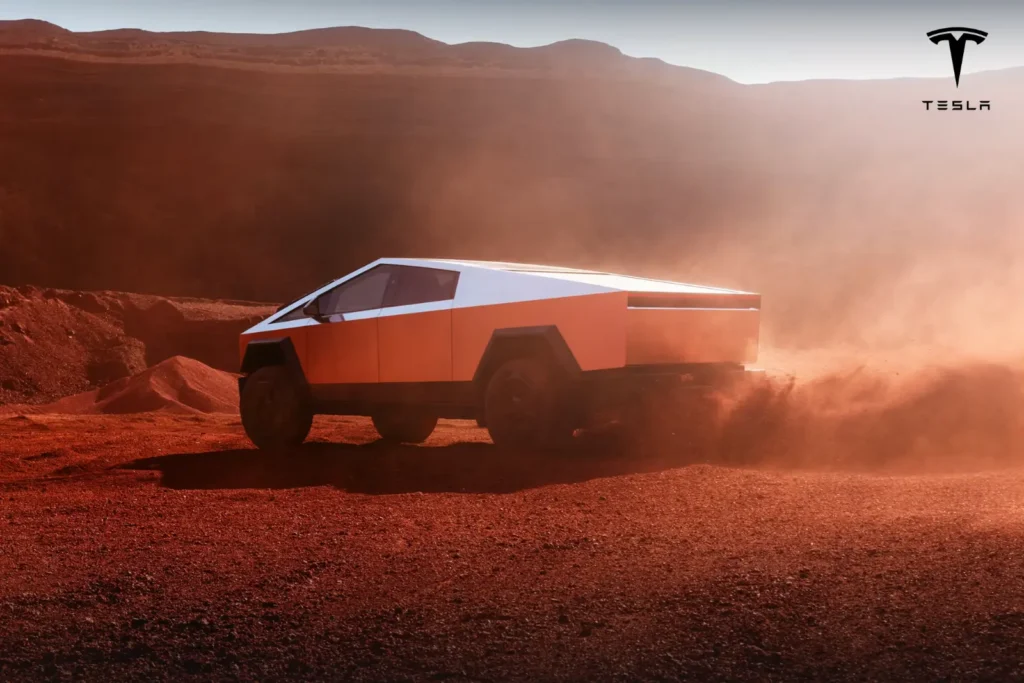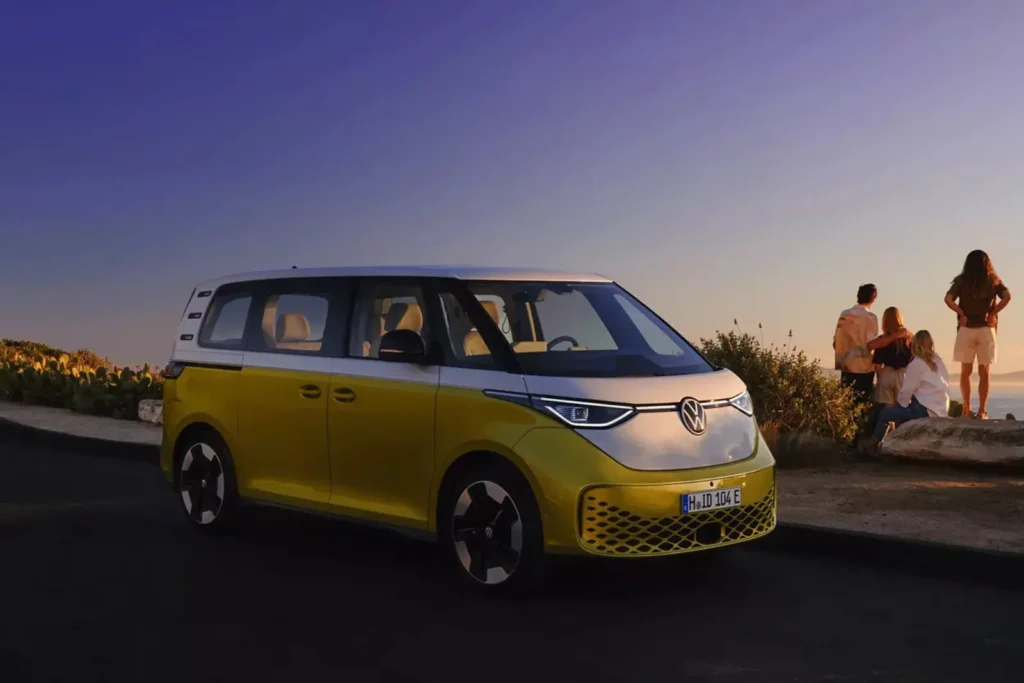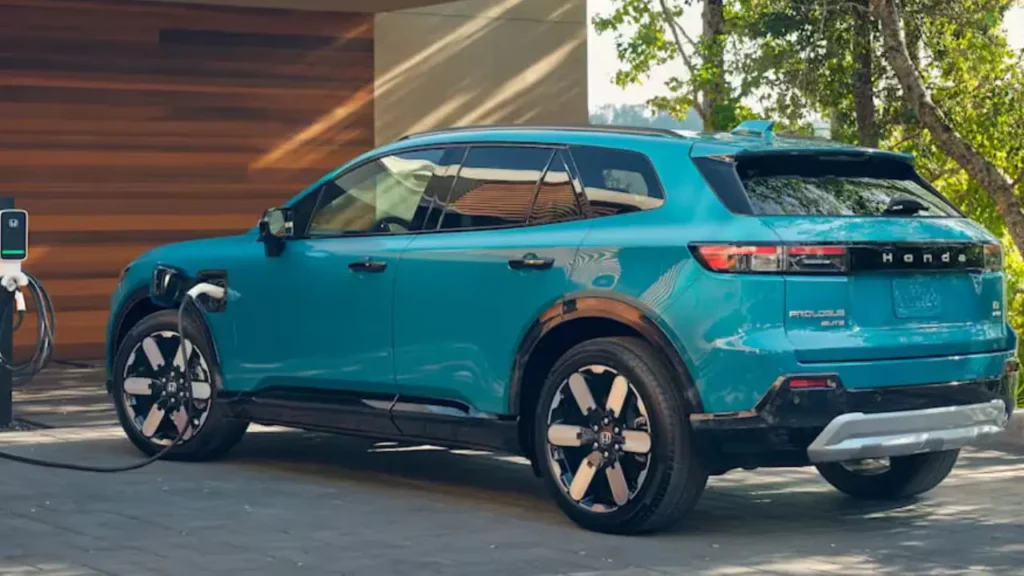Table of Contents
Choosing the right SUV for your lifestyle involves considering several factors, including your daily needs, driving habits, budget, and personal preferences. Here’s a step-by-step guide to help you make the best decision:
1. Assess Your Needs
- Passenger Capacity: How many people do you typically transport? If you have a large family or often carpool, a 7-seater or 8-seater SUV might be ideal.
- Cargo Space: Do you need extra room for groceries, sports gear, or luggage? Consider SUVs with flexible seating and ample cargo capacity.
- Driving Conditions: Will you be driving mostly in the city, on highways, or off-road? This will determine whether you need a compact SUV, a rugged off-roader, or a luxury model.
- Towing Capacity: If you plan to tow a trailer, boat, or camper, look for SUVs with strong towing capabilities.
2. Determine Your Budget
- Purchase Price: Set a budget for the initial cost of the SUV. Remember to account for taxes, registration, and dealer fees.
- Fuel Efficiency: Consider the long-term cost of fuel. Hybrid or electric SUVs may have higher upfront costs but lower running expenses.
- Maintenance and Insurance: Research the maintenance costs and insurance rates for the models you’re considering.
3. Choose the Right Size
- Compact SUVs: Great for city driving, easy to park, and fuel-efficient. Examples include the Honda CR-V, Toyota RAV4, and Mazda CX-5.
- Midsize SUVs: Offer more space and power, suitable for families. Examples include the Ford Explorer, Hyundai Santa Fe, and Kia Sorento.
- Full-Size SUVs: Ideal for large families or those needing maximum cargo and towing capacity. Examples include the Chevrolet Tahoe, Ford Expedition, and Toyota Sequoia.
4. Consider Fuel Type
- Gasoline: Most common and widely available.
- Hybrid: Combines a gasoline engine with an electric motor for better fuel efficiency.
- Electric (EV): Zero emissions and lower running costs, but requires access to charging infrastructure.
- Diesel: Offers better fuel economy for long-distance driving and towing.
5. Evaluate Safety Features
- Look for SUVs with advanced safety features such as:
- Adaptive cruise control
- Lane-keeping assist
- Blind-spot monitoring
- Automatic emergency braking
- Rearview cameras
- Check safety ratings from organizations like the National Highway Traffic Safety Administration (NHTSA) or the Insurance Institute for Highway Safety (IIHS).
6. Test Drive
- Schedule test drives for your top choices to evaluate:
- Comfort and seating
- Driving dynamics (handling, acceleration, braking)
- Visibility and ease of use for controls
- Noise levels and ride quality
7. Research Reliability and Resale Value
- Check reliability ratings from sources like J.D. Power or Consumer Reports.
- Consider the SUV’s resale value, as some brands and models hold their value better than others.
8. Explore Technology and Features
- Consider the tech features that matter most to you, such as:
- Infotainment system (Apple CarPlay, Android Auto)
- Premium sound system
- Wireless charging
- Heated/cooled seats
- Sunroof or panoramic roof
9. Compare Ownership Costs
- Use online tools to compare the total cost of ownership, including fuel, maintenance, insurance, and depreciation.
10. Read Reviews and Get Recommendations
- Read expert and user reviews to get insights into real-world performance and potential issues.
- Ask friends or family for recommendations based on their experiences.
Popular SUV Categories by Lifestyle:
- City Commuters: Compact SUVs like the Toyota RAV4, Honda CR-V, or Hyundai Tucson.
- Adventure Seekers: Off-road-capable SUVs like the Jeep Wrangler, Toyota 4Runner, or Land Rover Defender.
- Luxury Lovers: Premium SUVs like the BMW X5, Mercedes-Benz GLE, or Audi Q7.
- Eco-Conscious Drivers: Hybrid or electric SUVs like the Toyota RAV4 Hybrid, Tesla Model Y, or Ford Mustang Mach-E.
By carefully considering these factors, you can find an SUV that fits your lifestyle, budget, and preferences.
Related Articles
- Yamaha RX 100: The Legendary Bike That Redefined Indian Roads
- Best Family Cars for 2025: Safety, Space, and Comfort
- Top 10 Most Fuel Efficient Cars of 2025
- The Ultimate Guide to Car Maintenance: Tips to Extend Your Vehicle’s Life (2025)
- Electric vs Gas Cars: Which is Better for You in 2025?
- The All New Skoda Kodiaq: Redefining Luxury and Performance in the SUV Segment (2025)
- TVS Apache RTR 160 vs TVS Apache RTR 310: Which One Should You Choose?
- TVS Raider 125: The Ultimate 125cc Commuter Bike for the Modern Rider (2025)
- The New Tata Safari: A Perfect Blend of Heritage and Modernity
- New Mahindra Bolero: Redefining Toughness and Reliability in 2025
- Honda Activa 7G: Revolutionizing the Scooter Industry (2025)
- Bajaj Platina 110: The Ultimate Commuter Bike for Indian Roads (2025)
- Tata Sumo: A Legend of Indian Roads (2025)
- Hero Splendor Plus: The Ultimate Guide to India’s Most Loved Bike (2025)
- New TVS Jupiter: The Perfect Blend of Performance and Style (2025)
- Kia Syros: A Comprehensive Guide to Kia’s Latest SensationKia Syros
- Tata Sierra: A Comprehensive Review of the Iconic SUV (2025)
- Hero Xoom 160: A Complete Review, Features, and Performance (2025)
- Kawasaki Ninja 500: Ultimate Review, Features, and Performance (2025)
- Best Tyre Brands in India (2024)
- Best EV Cars in India (2024)
- Best Electric Bike in India (2024)
- Best Electric Bicycles in India (2024)
- Best Gear Cycle Under 10000: A Comprehensive Guide












